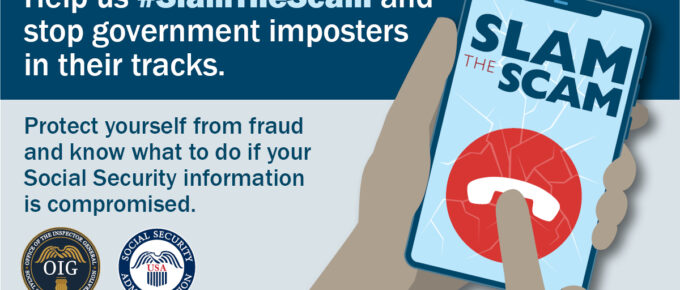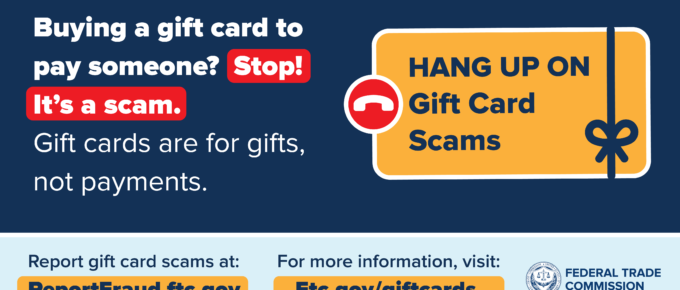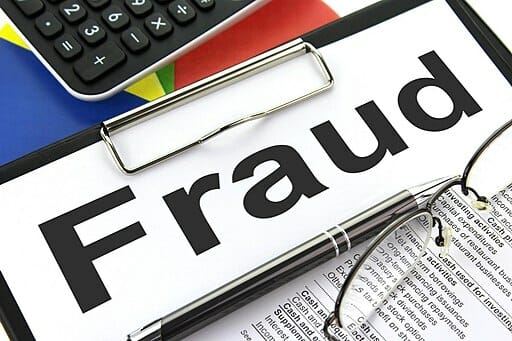Summer is here and with it comes the opportunity to pick up some amazing deals with all those summer sales. We all know how convenient online shopping is, but it comes with its own set of risks. Did you know that online shopping scams have surged, impacting millions of consumers and businesses worldwide?
Tips to avoid online shopping scams
Tell a Friend
If you liked this post, please be sure to share it with a friend! Send an email or share with Facebook, X, or LinkedIn.










Recent Comments